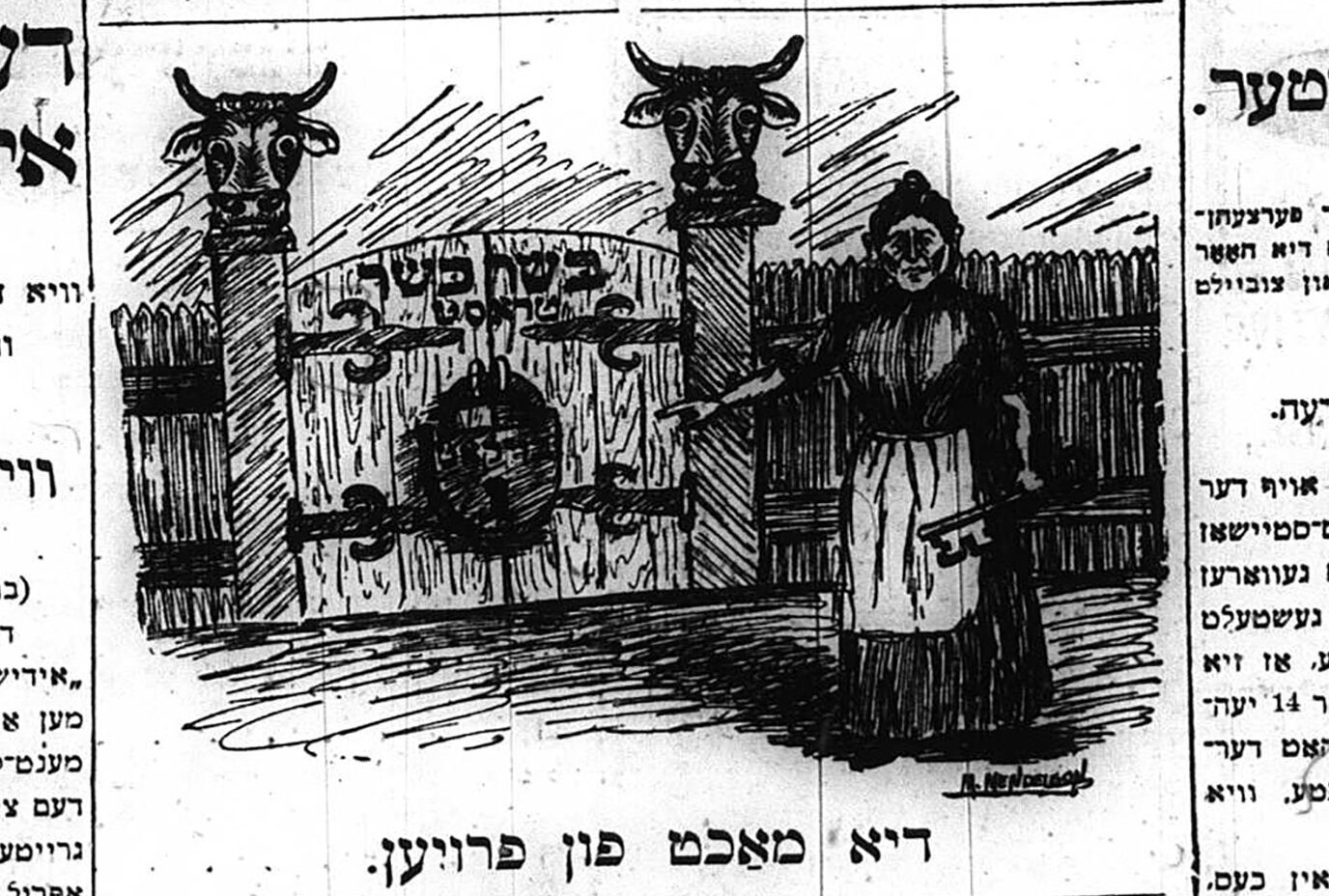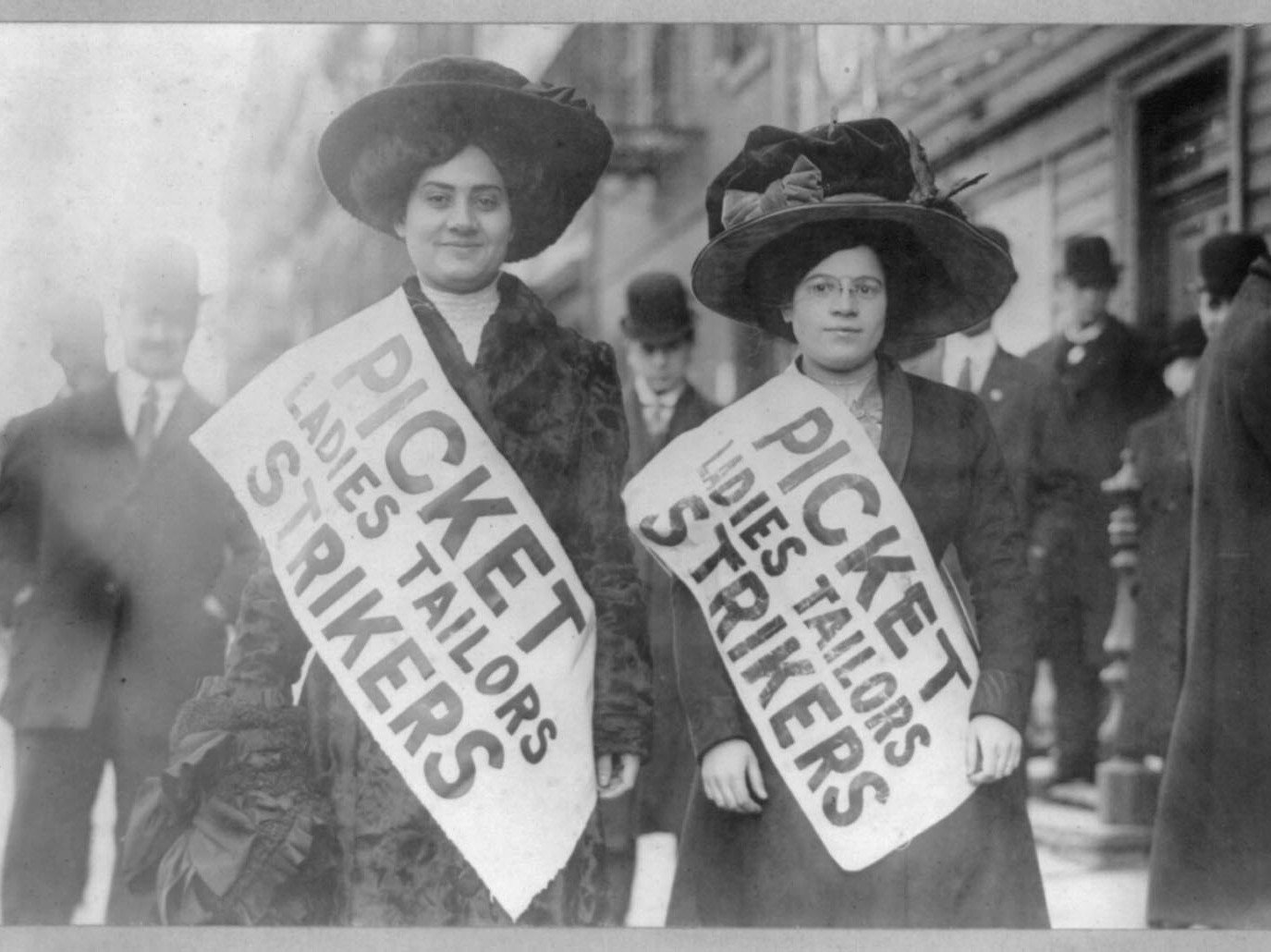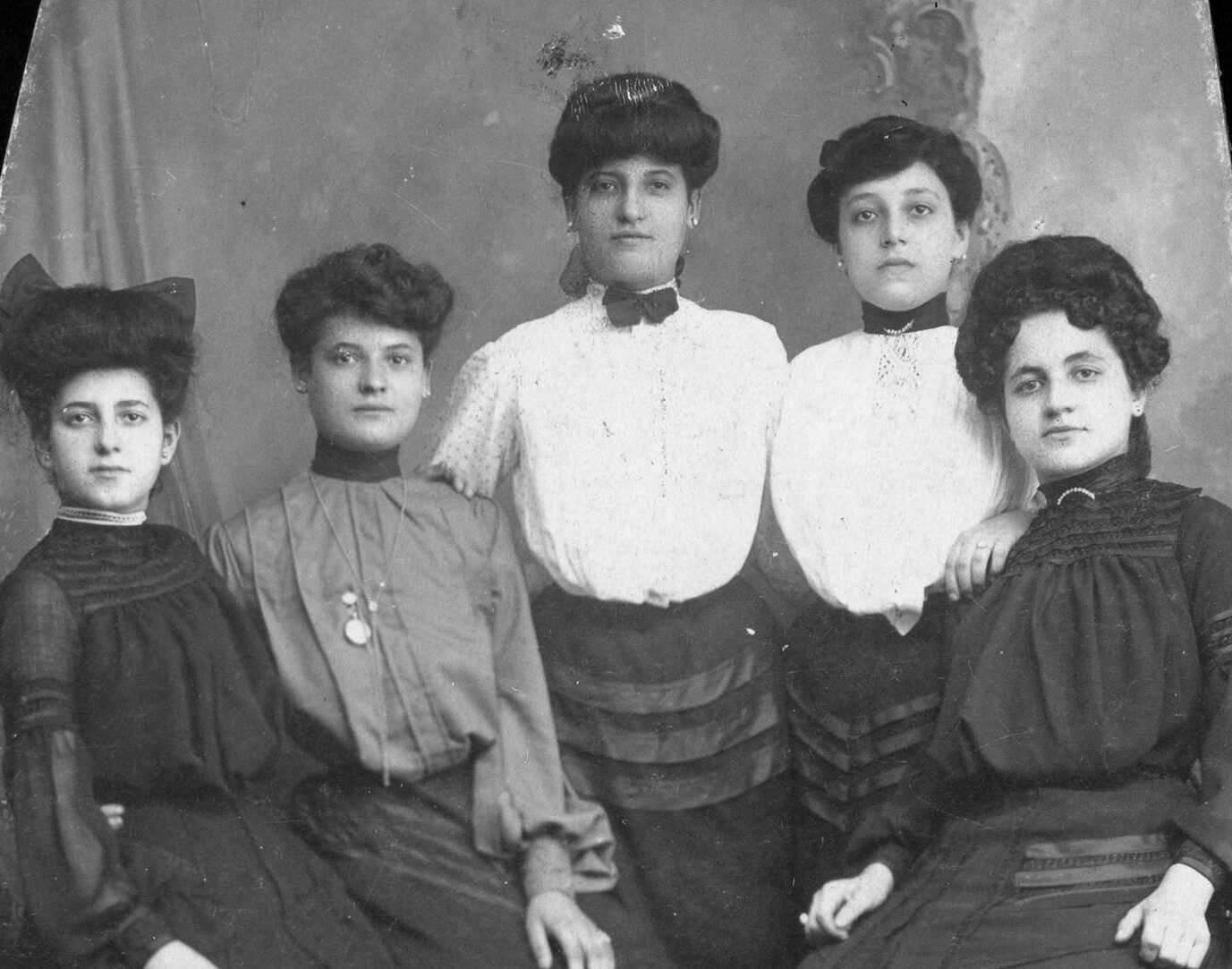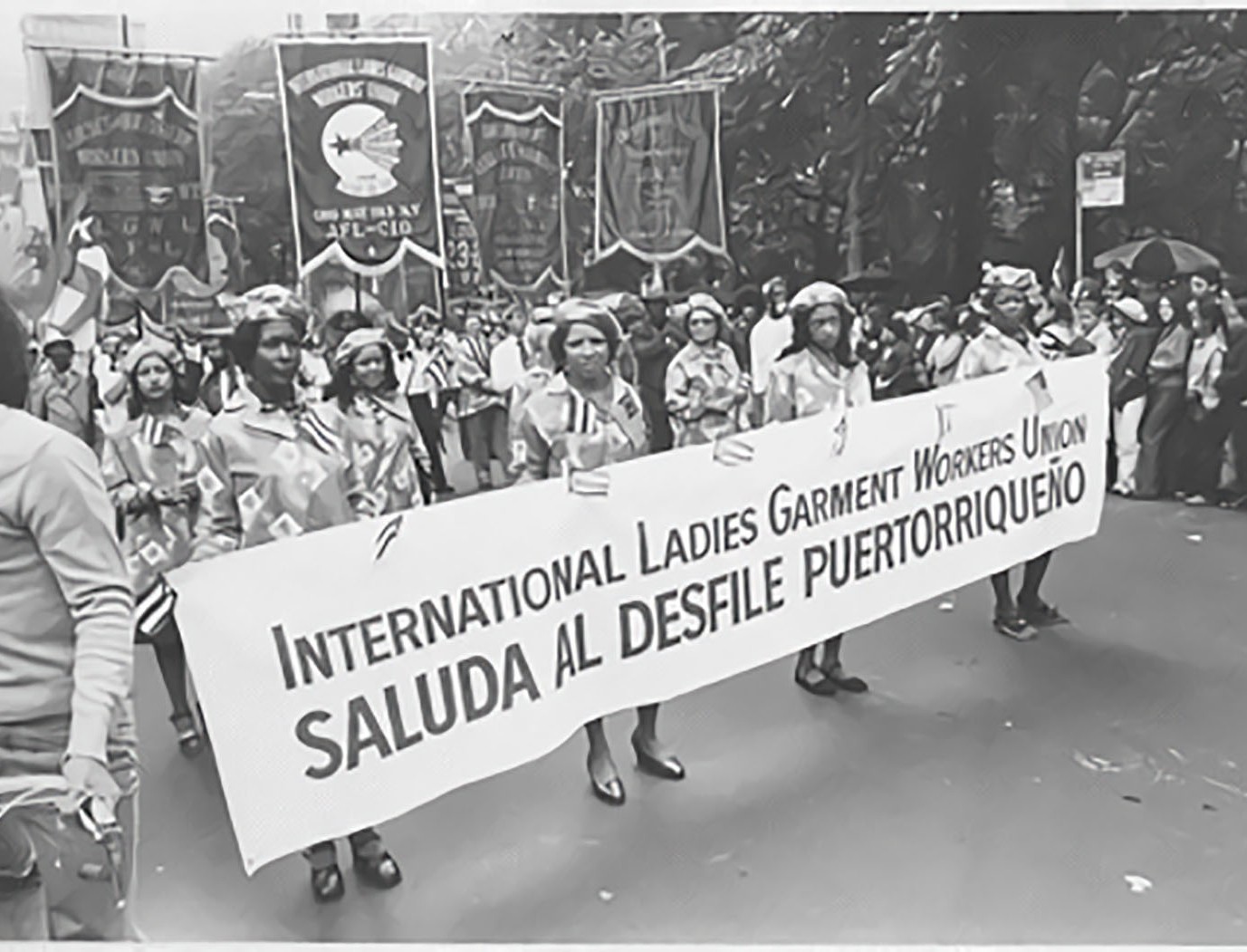Honoring Women’s History
From politics to pop culture, women on the Lower East Side have long led movements for social, cultural, and political change. Explore the digital exhibit to discover stories of workers and activists, creators and changemakers who brought new ideas to their homes, streets and factories, and consider how their legacies survive today. You can also learn more about these stories on our 100 Years Apart apartment tour.



